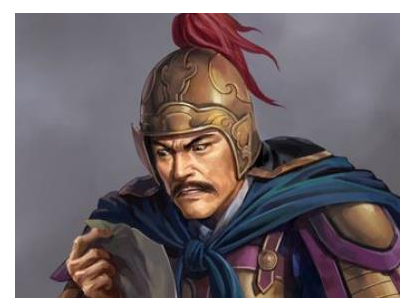Among many farmer rebellions in Chinese history, the Taiping Rebellion undoubtedly holds the most influence. This rebellion is renowned for its radical social reforms and religious beliefs, as well as its unique treatment of gender roles. In the Taiping Rebellion, women enjoyed unprecedented status and rights, including the right to join the army. However, despite the existence of female soldiers, they rarely participated in direct battlefield combat. This article will explore the reasons behind this phenomenon.

I. Female Policy of the Taiping Rebellion
The Taiping Rebellion put forward a series of measures aimed at improving the status of women in its declarations and policies. According to the religious doctrine founded by Hong Xiuquan, the leader of the Taiping Rebellion, men and women are equal in the sight of God. Therefore, women were allowed to receive education, participate in political activities, and even join the Taiping Army.
II. Role Positioning of Female Soldiers
Although women were allowed to join the Taiping Army, their roles were primarily auxiliary. The tasks of female soldiers typically included medical care, supply transportation, intelligence collection, and propaganda work, rather than direct participation in frontline combat. This division of labor reflected the conservative views of the Taiping Rebellion leadership on gender roles, that women were more suitable for non-combatant work.
III. Social and Cultural Factors
The social and cultural background of Chinese society at that time also influenced the role of female soldiers. Although the Taiping Rebellion advocated gender equality in some aspects, traditional gender roles were still deeply rooted in war and military affairs. Men were viewed as protectors of the family and society, while women were expected to fulfill the roles of raising children and maintaining the family. Therefore, even though women joined the army, they were assigned tasks that were more aligned with traditional female roles.
IV. Strategic Considerations
From a strategic perspective, the leadership of the Taiping Rebellion may have believed that it was wiser to place women in the rear of the battlefield. This allowed better utilization of women's meticulousness and patience, while reserving male soldiers to deal with direct combat threats. Additionally, avoiding direct participation of women in combat was also a protective measure to prevent casualties among women on the battlefield.
Conclusion:
In summary, the phenomenon of Taiping female soldiers not participating in battlefield combat is the result of the combined effects of various factors. These include gender policies within the Taiping Rebellion, the social and cultural background of the time, and strategic considerations. Although female soldiers rarely participated in direct combat, their role in logistical support and other non-combat areas was crucial to the Taiping Rebellion movement. Through the exploration of this historical phenomenon, we can gain a deeper understanding of gender roles in society at that time and the complex roles played by women in war and social change.
Disclaimer: The above content is sourced from the internet and the copyright belongs to the original author. If there is any infringement of your original copyright, please inform us and we will delete the relevant content as soon as possible.































